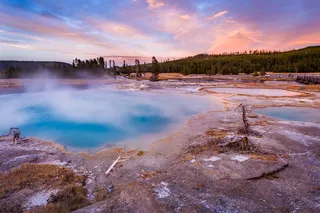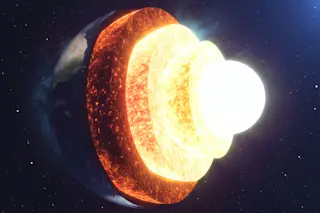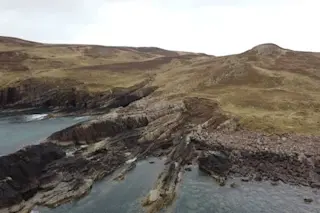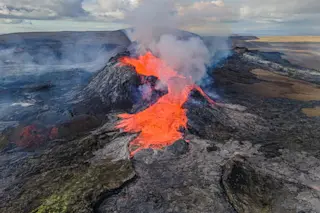It's just the next stage in the mainstreaming of geoengineering: Now the House Committee on Science, chaired by Bart Gordon, has released a report supporting further research on the topic--not to the detriment of capping emissions, but because capping emissions might not be enough. Here's the punchline:
Climate engineering, also known as geoengineering, can be described as the deliberate large scalemodification of the earth’s climate systems for the purposes of counteracting and mitigatingclimate change. As this subject becomes the focus of more serious consideration and scrutinywithin the scientific and policy communities, it is important to acknowledge that climateengineering carries with it not only possible benefits, but also an enormous range of uncertainties,ethical and political concerns, and the potential for harmful environmental and economic side effects.I believe that reducing greenhouse gas emissions should be the first priority of anydomestic or international climate initiative. Nothing should distract us from this priority, andclimate ...













